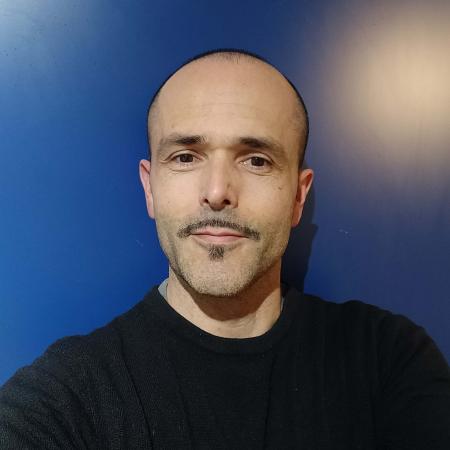
Alessandro Pau
Alessandro Pau
EPFL
Friday, April 28, 2023
3:00pm
Abstract: Disruptions represent one of the main concerns for next-step fusion devices based on the tokamak principle. In addition to disruption mitigation, which aims at reducing the impact of an occurring disruption to acceptable limits, active disruption avoidance and off-normal event handling strategies must be carefully integrated into modern plasma control systems (PCS) to monitor and predict when the plasma is approaching operational boundaries. Access to high performance regimes, which requires simultaneous control and optimization of several physical parameters such as the Greenwald fraction and β, makes the required level of integration extremely challenging. In recent years, the EUROfusion and the TCV framework programs have put a strong of emphasis on the development and testing of portable solutions for active disruption avoidance and prevention. This talk will give an overview of the experimental results, modelling activities and advances in machine learning algorithms for detection of proximity to operational limits as well as the progress in the development of a generic control architecture enabling the integration of active disruption avoidance strategies with exception handling and continuous control.
Bio: Alessandro Pau is a research scientist at the Swiss Plasma Center (EPFL) in Lausanne. He is actively involved in various fusion research activities in the framework of the EUROfusion research programme, the IAEA and the International Tokamak Physics Activity (ITPA), where he coordinates high-level research topics on critical issues in tokamak physics and plasma control. His current research focuses on the study of the complex physics mechanisms leading to disruptions in tokamaks, which must be avoided in order to preserve the integrity of the machines and to enable the control of stable and high-performance plasma regimes. In this context, he has received several grants for the development of tools to enable the application of data-driven models to real-time control, and he is responsible for several collaborations and projects on the use of AI and machine learning in fusion research.